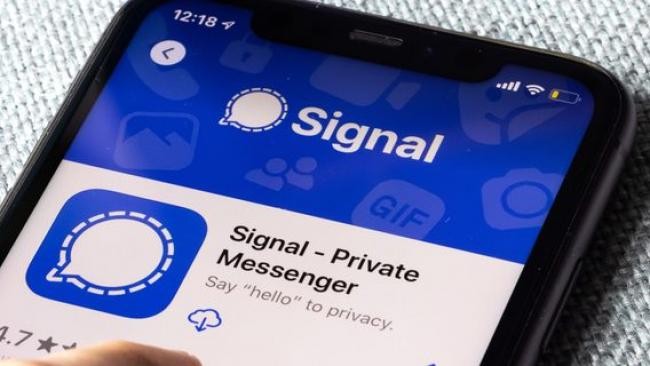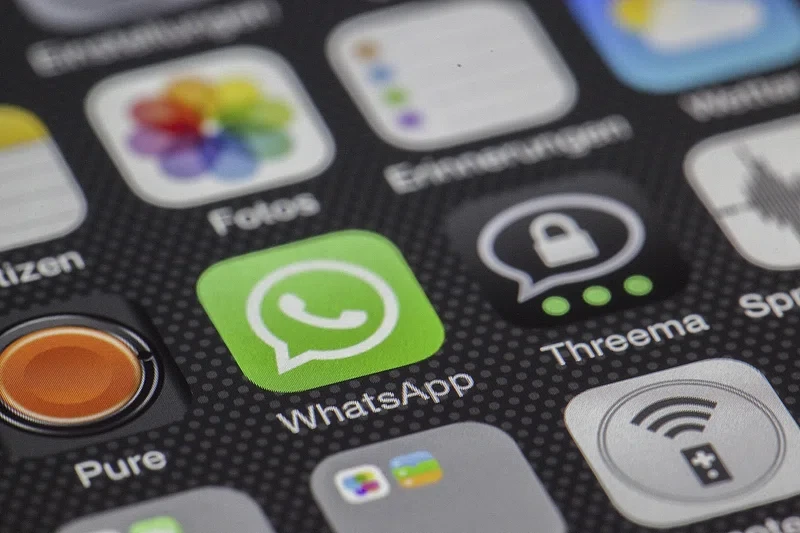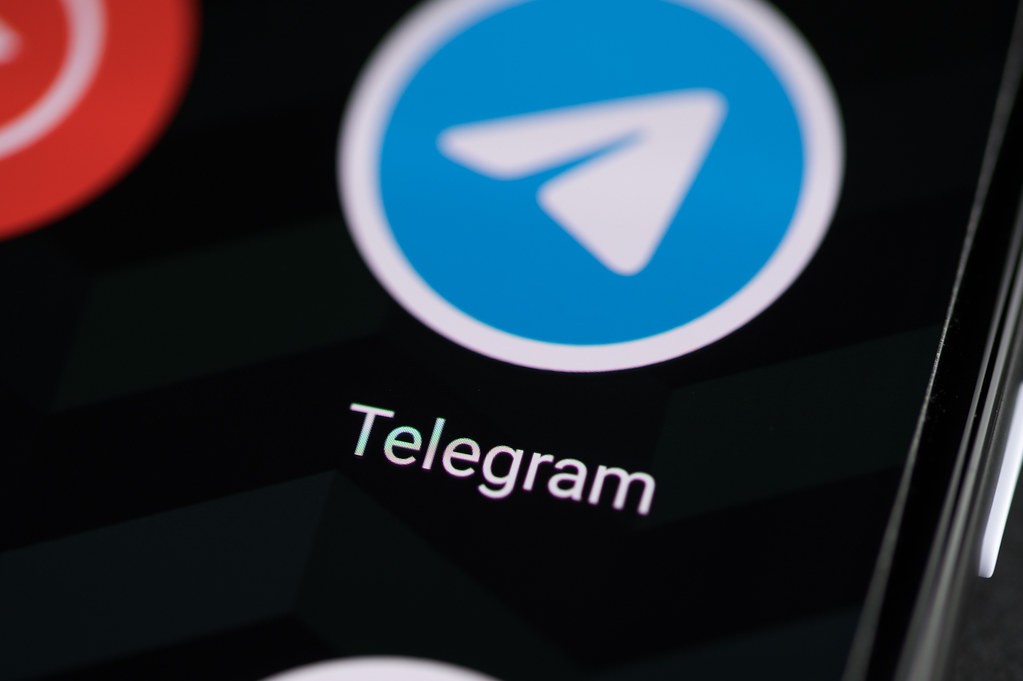Staying Connected: Which Messaging App Offers the Best Privacy Features?
- Nov 14, 2023
- 405

In the digital age, the importance of privacy cannot be overstated. As we increasingly rely on messaging apps to communicate with friends, family, and colleagues, the security of our personal information and conversations becomes a critical concern. Users are seeking messaging platforms that promise not only a variety of features and ease of use but also robust privacy protections to shield their communications from prying eyes. This article delves into the messaging apps that stand out for their exceptional privacy features, helping you to make informed decisions about which platform best suits your needs for secure and private messaging.
Why Privacy Matters in Messaging Apps
Privacy in messaging apps is more than just a preference; it is a necessity in the modern world. In an era where data breaches and surveillance are not uncommon, a secure messaging app ensures that our conversations remain confidential. Messaging platforms with strong privacy features protect against unauthorized access and offer end-to-end encryption, meaning that only the communicating users can read the messages. They also often provide additional security measures, such as self-destructing messages, screen capture alerts, and two-factor authentication.
When evaluating the privacy features of messaging apps, it's important to consider the company's reputation, the transparency of its privacy policy, and its history of handling user data. Additionally, open-source apps can be more trustworthy, as their code is available for scrutiny by experts, which can help in identifying potential vulnerabilities. With these considerations in mind, let's explore the messaging apps that offer the best privacy features in the market.
Signal: The Gold Standard of Privacy

Signal stands out as the gold standard when it comes to privacy-focused messaging apps. Created by the non-profit Signal Foundation, it is renowned for its state-of-the-art end-to-end encryption protocol, which has become the benchmark for secure communications. Unlike many competitors, Signal's encryption is not optional; it's a default feature for all messages, calls, and even video chats.
Signal does not store any user messages or metadata, and its code is open source, allowing for constant scrutiny and improvement by the security community. Additionally, Signal provides features such as disappearing messages, screen security to prevent screenshots, and a registration lock that prevents others from registering your phone number on a new device. The app's commitment to privacy is so firm that it has even resisted government attempts to access user data, making it a top choice for those who prioritize confidentiality in their communications.
WhatsApp: Popular Yet Controversial

WhatsApp is one of the most widely used messaging apps globally, with over two billion active users. It boasts end-to-end encryption, which it implemented with technology developed by the creators of Signal. While this means that messages are generally secure from interception, WhatsApp's privacy features have been the subject of controversy.
Owned by Facebook (now Meta), WhatsApp has faced criticism for sharing user data with its parent company. Despite assurances that message content is protected, metadata such as contact lists and frequency of communication can be used for targeted advertising and other purposes. WhatsApp's privacy policy updates have also sparked widespread concern, leading some users to seek alternatives. While it remains popular due to its user-friendly interface and extensive user base, privacy-conscious individuals may find WhatsApp's connection to a data-driven conglomerate unsettling.
Telegram: Secure Channels with a Caveat

Telegram has gained a robust following for its blend of messaging features and a focus on security. It offers end-to-end encryption through its "Secret Chats" feature, which also includes self-destructing messages and protection against forwarding. However, this encryption is not applied to regular chats and group messages, leaving them potentially vulnerable.
The app's servers are decentralized, spread across multiple jurisdictions to make it harder for a single entity to gain access to user data. Telegram also offers "Channels" and "Groups" with massive capacities, making it popular for large-scale communications. Despite these advantages, the lack of default end-to-end encryption for all communications makes Telegram a less optimal choice for those who want full privacy protection without having to manually enable specific features.
Threema: The Privacy-First Choice
A less-known but highly secure option is Threema, a messaging app that prioritizes privacy above all else. It is a paid service, which means it doesn't rely on advertising or data collection to generate revenue. Threema offers end-to-end encryption for messages, calls, and even status updates, ensuring that all forms of communication are kept private.
One of Threema's unique features is that it does not require a phone number or email address to create an account, allowing users to remain completely anonymous. The app also provides encrypted backups and a poll feature, enabling secure voting among users. Threema's servers are located in Switzerland, a country known for its strong privacy laws, providing an additional layer of legal protection for user data. For those who are willing to pay for premium privacy features, Threema stands out as a strong contender in the messaging app space.
Conclusion: Choosing the Right App for Your Privacy Needs
When it comes to picking a messaging app with the best privacy features, the decision ultimately rests on your individual needs and priorities. Signal offers unparalleled security measures and a commitment to privacy that is hard to beat. WhatsApp is user-friendly and widely adopted but falls short for those wary of its data-sharing practices. Telegram presents a mixed bag with its optional encryption, while Threema is a solid, albeit paid, choice for those seeking anonymity and comprehensive encryption.
In this digital era, staying connected doesn't have to come at the expense of privacy. By choosing a messaging app that aligns with your privacy expectations, you can communicate with peace of mind, knowing that your conversations are protected. It's essential to stay informed about the privacy policies and features of your chosen messaging platform and to remain vigilant about safeguarding your personal information in the ever-evolving landscape of digital communication.